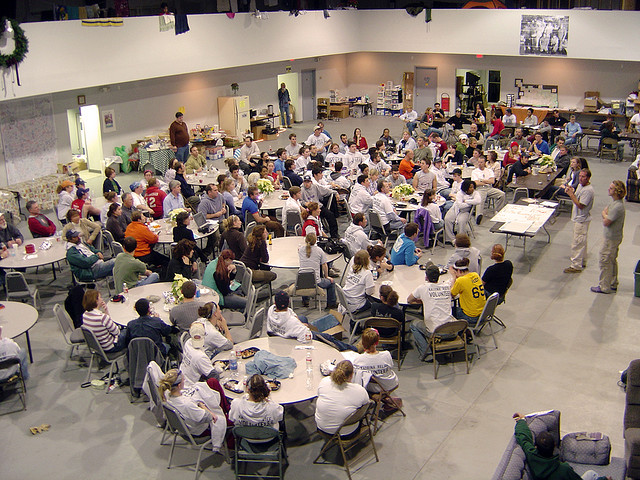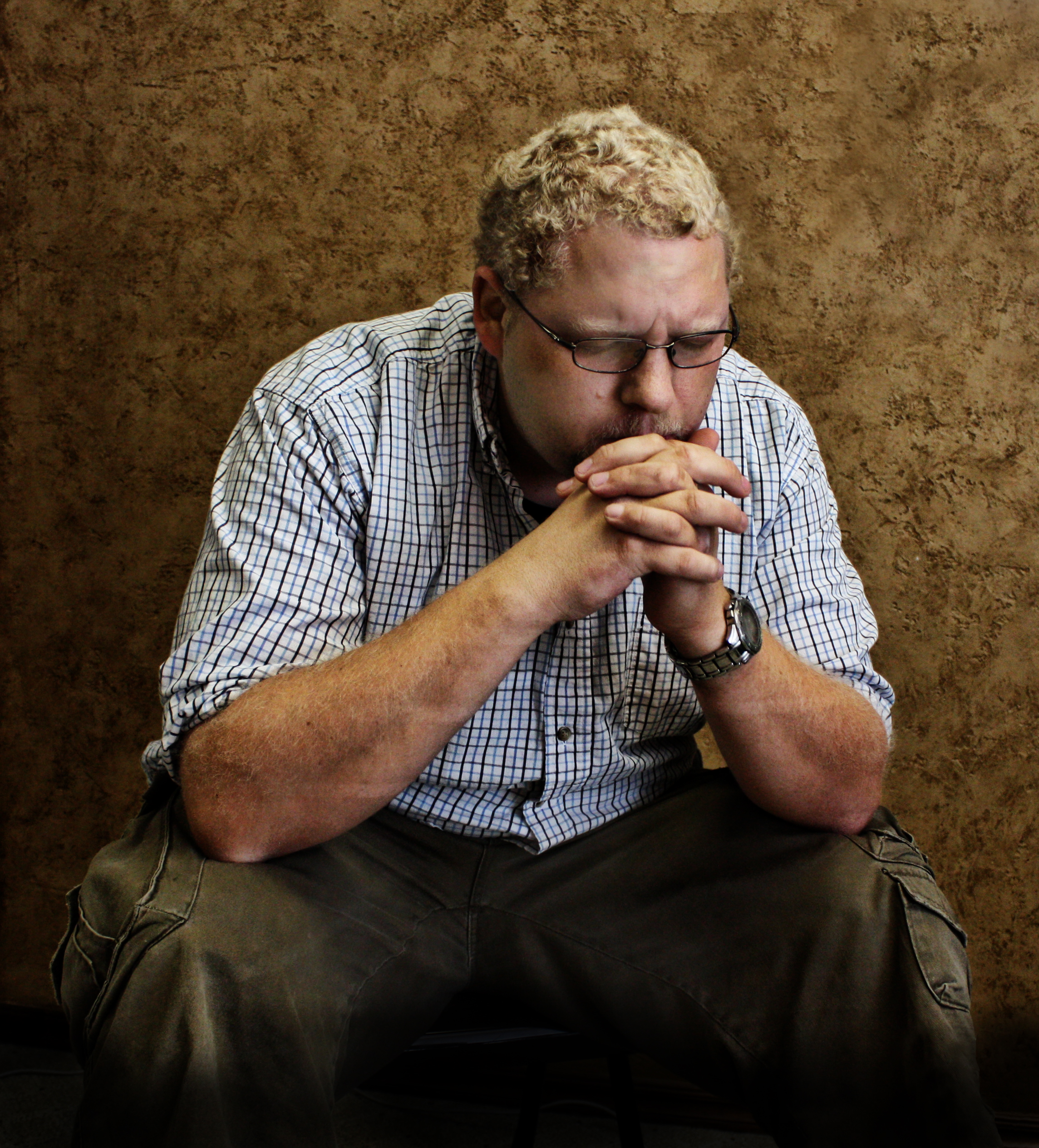The Heart Behind the Hands

Did you ever do something as a kid just because your parents told you to do it? I remember when I was little, maybe 5 or 6, playing Tee Ball with one of the local teams in Lawrenceburg. Two words: not fun. It’s hard to remember anything I liked about my Tee Ball days besides the ice cream trips after each game. It was always hot, there were always bugs, and most of all, I had the athletic ability of the bleachers that my parents were sitting on. Why was I there, then? Because my parents wanted me to be, that’s all.
In Genesis 28, Jacob had just fled from Esau after being coached into stealing his brother’s birthright by Rebekah. Already mad at him for that, Esau soon overheard a conversation between his parents about his wives. Earlier, in chapter 26, he had chosen two wives from the Philistines in the area, who were said to be, “a grief of mind to Isaac and Rebekah” (v. 35). On this particular occasion, Rebekah was complaining to her husband (probably for something like the 1000th time) about her daughters-in-law and the negative effect that she could see them having on her son. Jacob, knowing that he could only please his parents with an acceptable bride, soon journeyed to his uncle Laban’s house and chose a wife from his mother’s household. Why? Because his parents wanted him to, that’s all.
It is obvious just from the way in which the text describes this sudden marriage that Jacob did not really care about doing the right thing. His only goal was to make his parents happy. A lot of times, I see myself doing the right thing to make others happy instead of actually putting genuine effort into it. I don’t really care about writing a card to a distant relative sometimes, but someone who is closer to them than I am might be upset if I don’t. Laundry isn’t the first thing that pops into my head when I get home from school, but mom would probably be in a better mood if it got done. Usually, this mindset is actually self-destructive, leading to jobs that are not done very well and possibly even more work after the fact.
Where this attitude is especially dangerous, however, is in our spiritual lives. We’ve all done something that was supposed to be for God or for others in His name without truly caring about how we were doing it before: praying, reading the Bible, a service project, you name it. Just like other activities, these things take more than a half-minded attempt. Prayer should be a deep and meaningful petition to God, and Bible reading should be focused on discerning what He has to say back. Even holding a door should have more behind it than an item on a checklist. Otherwise, we become the kid who’s only running the diamond for the double-scoop he’s been promised. Worse still, we become Jacob, who tried in vain to become a people-pleaser instead of changing his attitude to a more positive, more constructive one.
It’s not wrong to want to make people happy. Bringing joy to the lives of others should be one of our greatest joys in and of itself. It is most certainly not wrong to want to please God out of a loving response to His great blessings towards us. The problem arises when this becomes checking boxes instead of truly growing and becoming more Christ-like every day; if that’s the plan, it’s not going to go well. If Jesus hadn’t cared about His mission while He was here, the cross might not have happened, and if it did, it would be an empty action and useless. Likewise, if we don’t truly care about our walk with God, we’ll end up with our minds somewhere else and lose our Way altogether.
“Not with eyeservice, as men-pleasers, but as bondservants of Christ, doing the will of God from the heart, with goodwill doing service, as to the Lord, and not to men…” -Ephesians 6: 6-7
To Receive Every Article from A Legacy of Faith through Email for Free, Click Here
AUTHOR: Lucas Tatum


